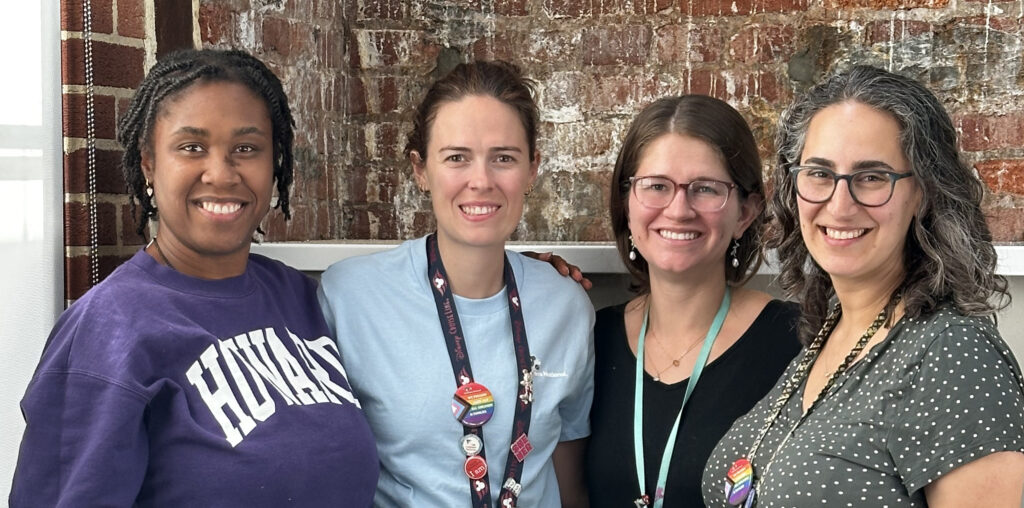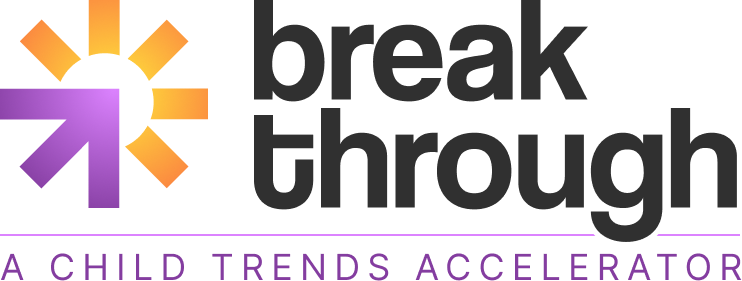By Christiana Jolda, LICSW and Yael Smiley, MD
At Breakthrough, we support innovation teams that create new solutions to promote adolescent health and well-being. Beyond the Bump, one of five innovation teams in our inaugural 2024 cohort, focuses on improving care for pregnant and parenting teens ages 12–19 by training doulas to provide teen-friendly and trauma-informed care. Jenita Parekh and Kate Welti, coaches for Beyond the Bump, met with the team biweekly over the course of their time in the accelerator, helping them evaluate their training and develop a plan for expansion.
Beyond the Bump’s team includes social workers, a pediatrician, and a doula—all with lots of experience supporting teen parents. They’re joined by a shared passion: “We all hold different professional licenses, but it all comes down to our passion for pregnant and parenting teens and wanting them to receive the quality of care that they deserve—no matter where they seek care—and to feel heard and know how to advocate for themselves.”
Their vision? “A world where every pregnant teen is heard, empowered, and experiences a positive transition into parenthood through access to a specialized doula dedicated to their unique needs.”
In this Q&A, Breakthrough spoke with Christiana Jolda, LICSW, and Yael Smiley, MD, of Beyond the Bump about their innovation journey and how they’re working to make that vision a reality.

Beyond the Bump’s team includes social workers, a pediatrician, and a doula; from left to right, Akilah Witherspoon, MS, CD, CPFS, CLC; Emily Handy, LCSW/LICSW; Christiana Jolda, LICSW; Yael Smiley, MD.
Can you start by briefly describing your innovation and what it would look like to successfully reach the doulas you hope to support?
Beyond the Bump was created in 2021 by a group of individuals passionate about caring for and supporting pregnant and parenting teens. Our process is guided by, and aims to elevate the voices of, pregnant and parenting teens themselves. When we began, we never intended to become a doula program. However, we used human-centered design methods to interview teens and heard a common theme in each story: that teens did not feel heard or supported during their birth experiences. We brainstormed with teens and service providers and realized that teen-friendly doula services could have a significant impact on the well-being of pregnant teens in the Washington, DC, metropolitan area. If readers take away one thing, we want it to be that youth voices matter and we should involve youth in all research and programming that impacts them.
Since our founding, we have evolved to provide teen-friendly care training to doulas nationwide, who often experience poor treatment by health care providers. We want to provide our training and disseminate our tools to as many doulas as possible to ensure that every pregnant teen who wants a doula can access and receive doula support. Training doulas to provide support and advocacy can change the transition to parenthood for thousands of new young parents.

An excerpt from Beyond the Bump: A Doula’s Guide
As you’ve tested your innovation, what have you learned about what’s working well?
Our first round of testing focused on feedback from clients and the impact doulas can have on teens. This initial testing showed that, with the support of a doula, teens can have a positive birth experience with low interventions. Our second round of testing focused on what doulas need to feel supported in addressing teens’ unique needs. Over 100 doulas nationwide expressed interest in working with teens and participating in our training. Pre- and post-test surveys from our pilot training showed an increase in knowledge and confidence in participating doulas.
What has been the biggest challenge in scaling your innovation?
Our biggest challenge has been securing consistent funding to scale our innovation and keep up with need. Teens want support during pregnancy, birth, and postpartum, and doulas want our support to understand teens’ unique needs and how to best support them. Medicaid and insurance are coming around to financing doula support, but many hurdles remain to people accessing this funding.
We also learned that, for this program to work, teens must be able to access services for free. Finances can be a huge barrier to accessing care, and we want to remove as many barriers as possible to give teen parents a smooth transition into parenthood.
What’s next for Beyond the Bump?
Right now, we’re seeking $400,000 to support the next phase of our work. This funding would allow us to (1) finalize our training and resource guide to meet doula credentialing and continuing education requirements, and (2) offer mini grants to doulas who want to work with pregnant and parenting teens. In the next year, our goal is to train 10 doulas—each of whom would support 10 teens—with a goal of 100 clients receiving Beyond the Bump’s teen-friendly doula support by the end of 2026.
We estimate it costs $3,500 per teen to provide this kind of personalized, trauma-informed care. While Medicaid now reimburses doula services in 20 states, including DC, Maryland, and Virgina, we still rely on grants and donor support to fill the gaps, especially in places where Medicaid coverage doesn’t exist. With additional support, we can expand this critical support and make sure more teens get the care they deserve.
How has Breakthrough Accelerator supported your team’s work?
Breakthrough has provided so much support, tools, and guidance that have greatly impacted our growth! The coaches have been great, helping us assess where we are and prepare for what comes next.
Can you share a story about a doula or a pregnant or parenting teen using your innovation? What did you learn from that experience?
Feedback from both teens and doulas has continued to prove the value of this innovation!
To date, we have had 17 clients receive doula support through Beyond the Bump and we’ve received lots of feedback regarding services. One client said, “The best part of my week was getting my doula” and “I don’t think I would have made it through without [my doula].”
Fifteen doulas attended our first training. One participant said, “I loved this training—as someone who has been engaging in trauma-informed mental health care and support for youth for many years, this was so effective in relaying key concepts!”

